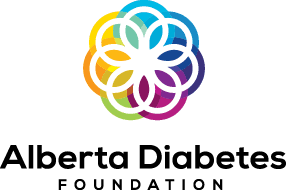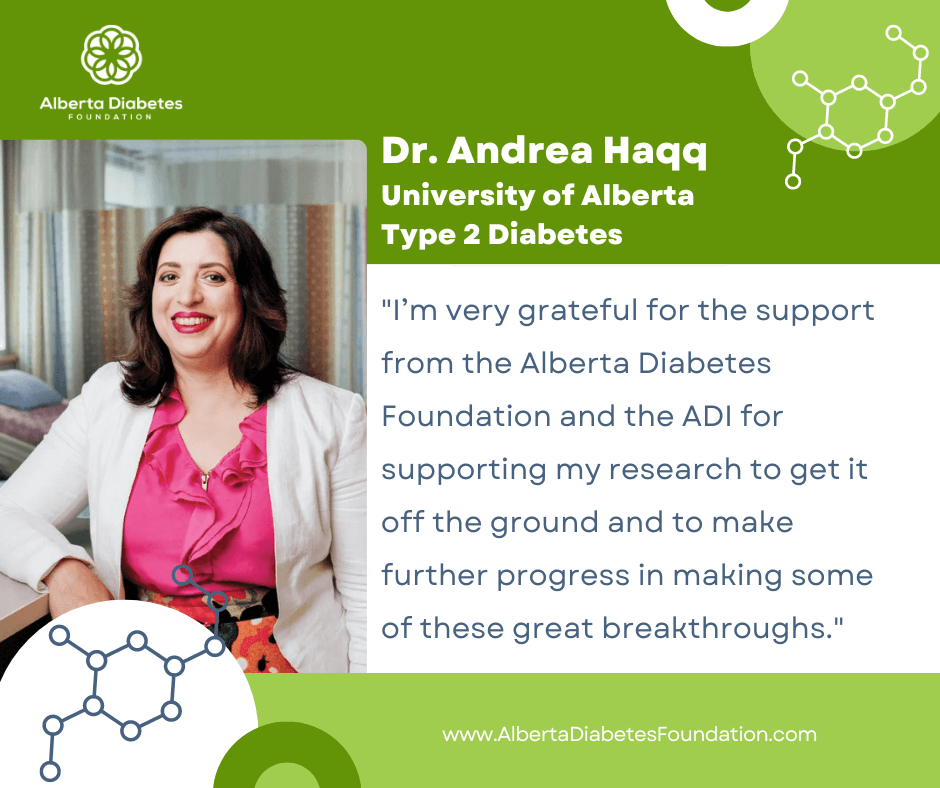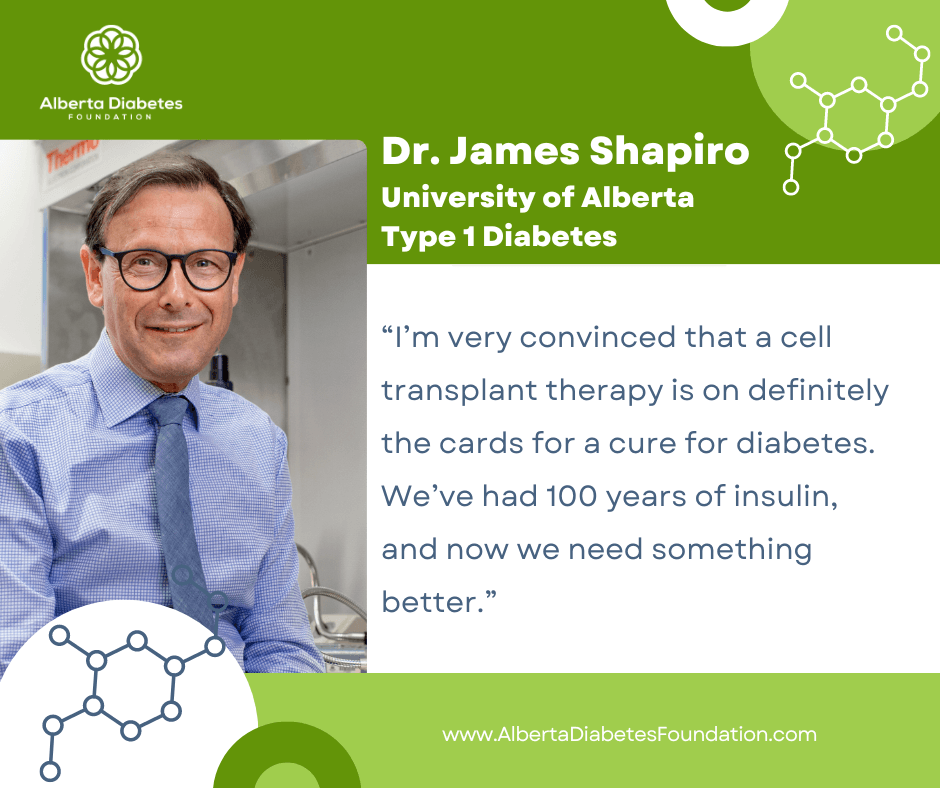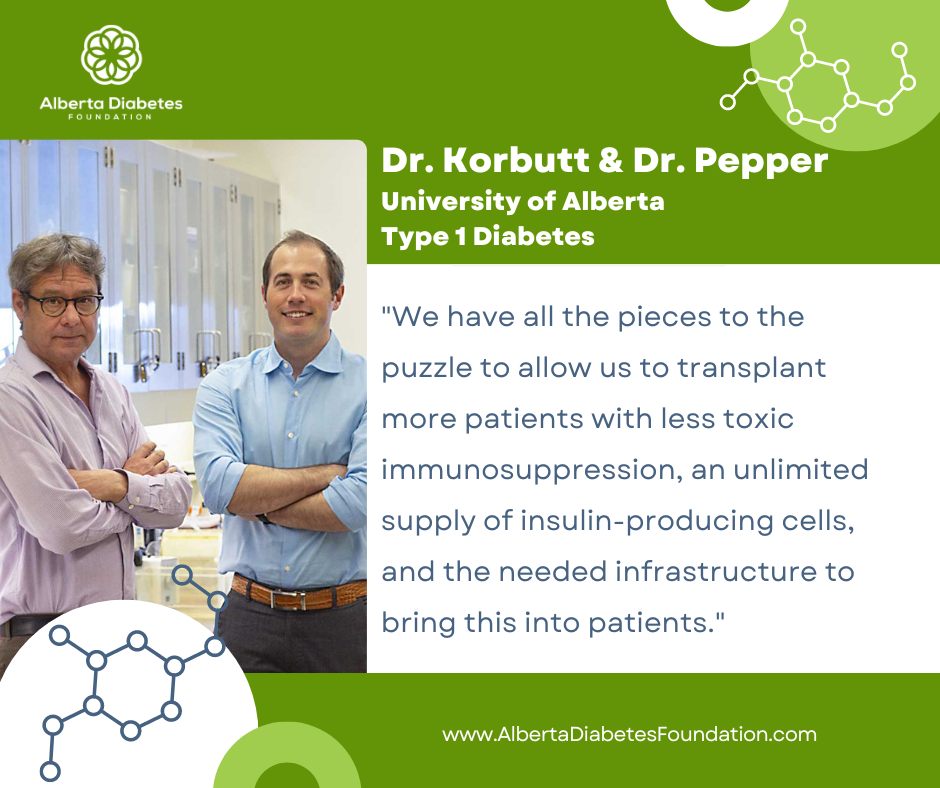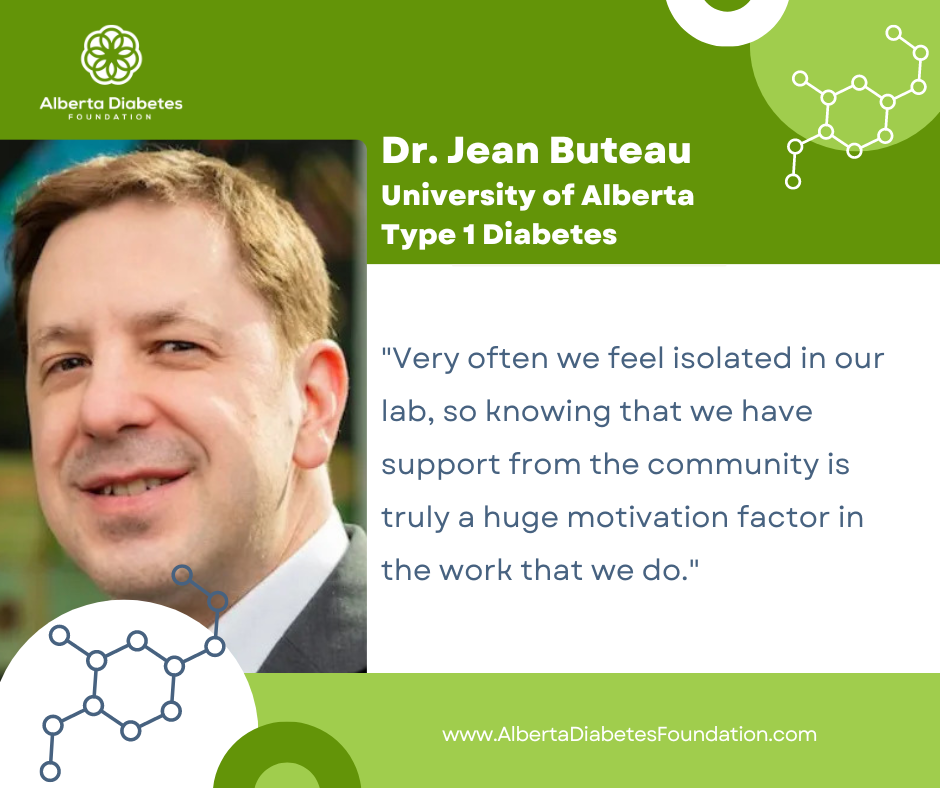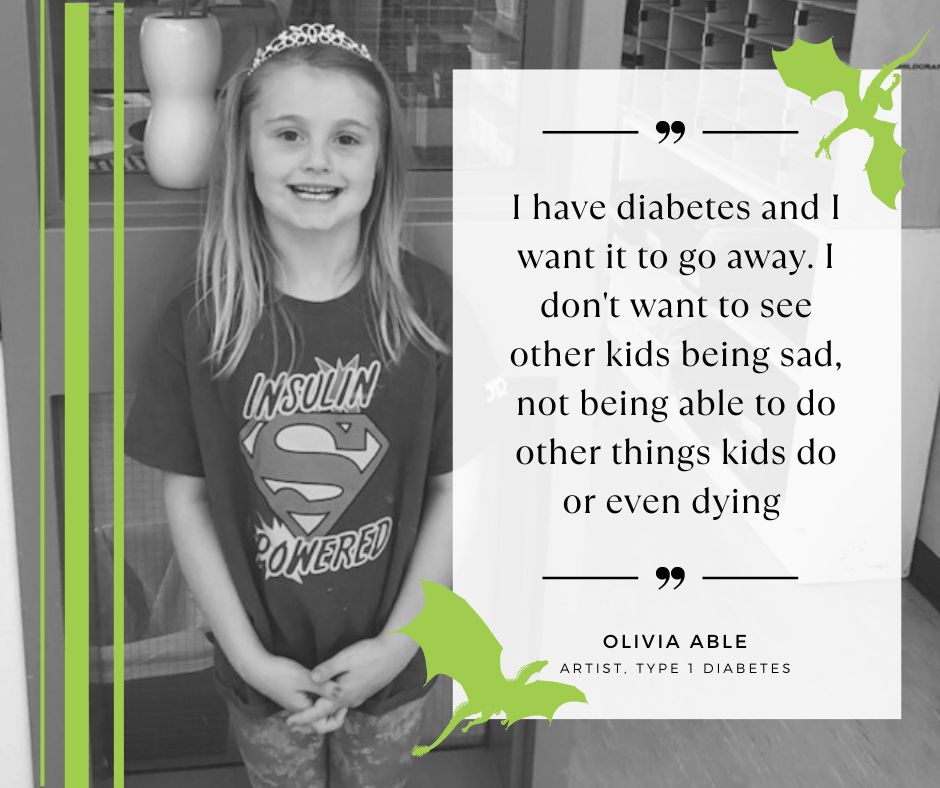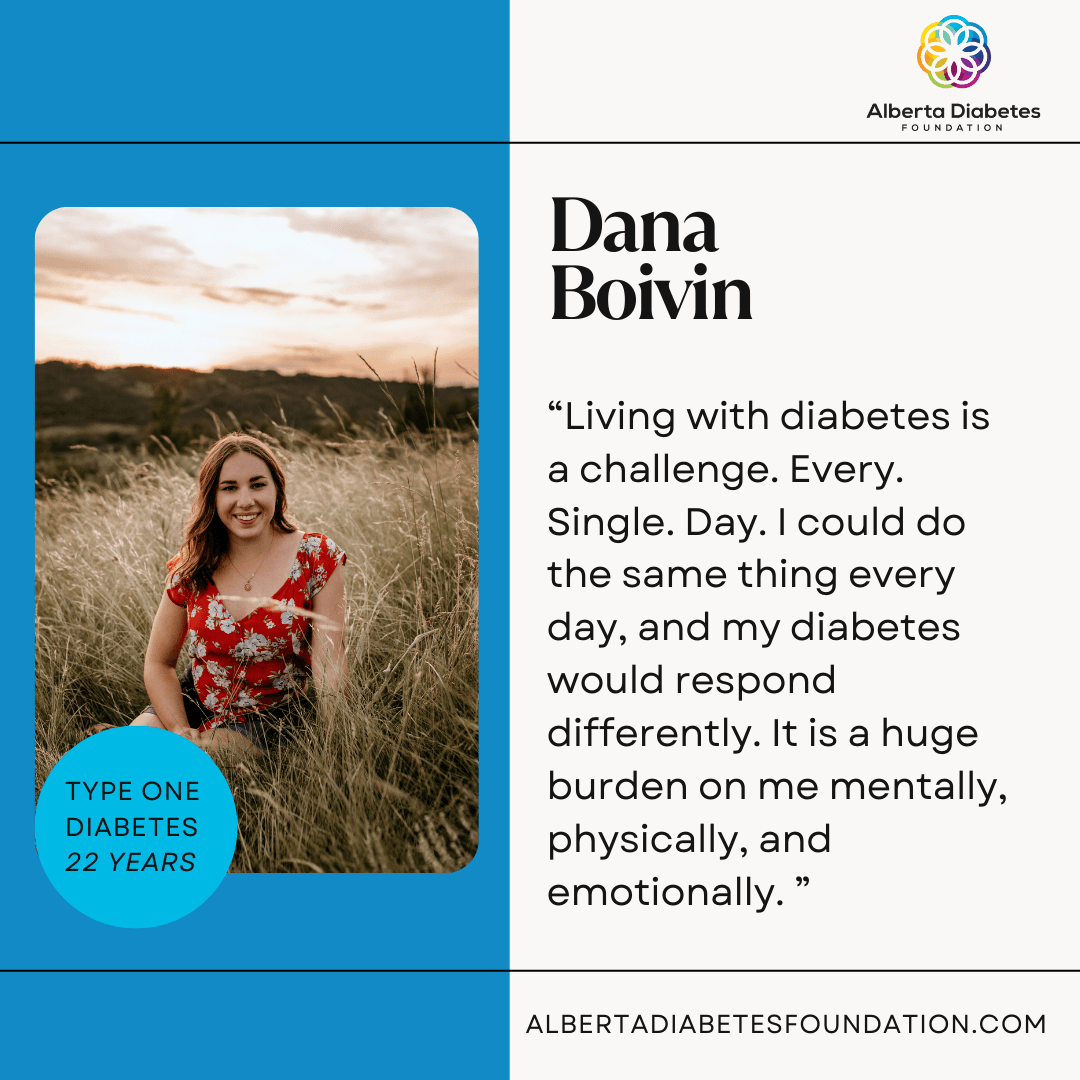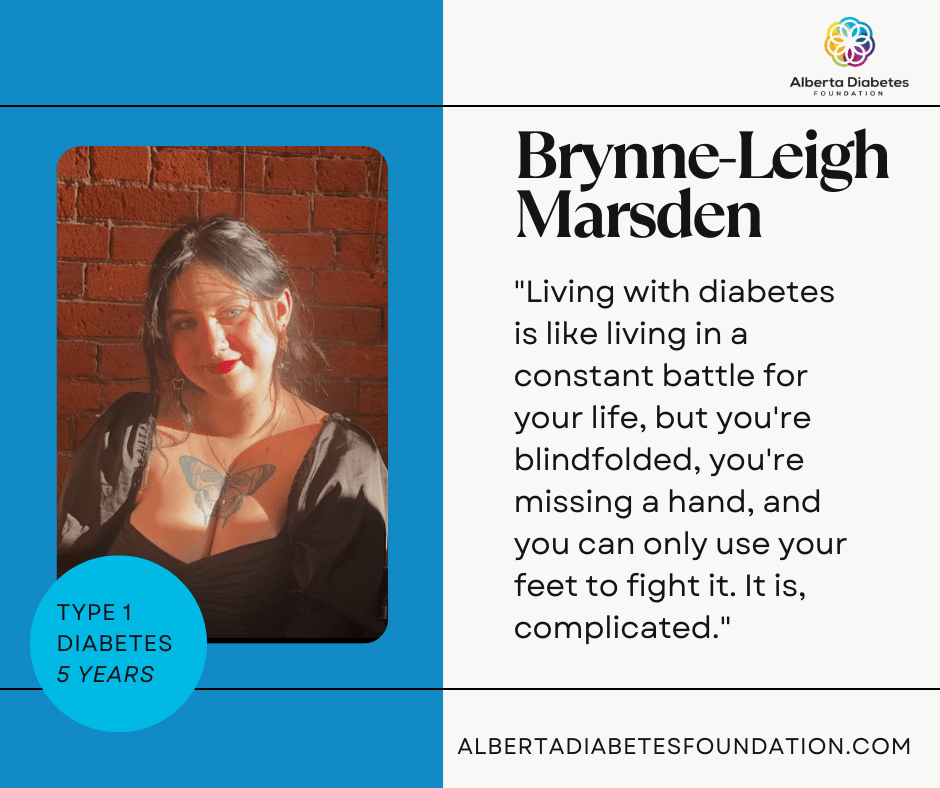Know Your Nutrients: Protein

Protein is a source of endless debate. Some bodybuilders say if you’re trying to bulk up, it should be the bulk of everything you eat. Others say the power of protein is overestimated. How did we get so mixed up about a few amino acids?
The fact is, it’s an essential nutrient that keeps your body functioning well by building and repairing muscle, hormones and enzymes, as well as your skin, nails and hair. But obviously there’s some confusion so I offer this to you: a protein primer.
The Power of Protein
So how much do we need? For most adults, 0.8 grams of protein for every kilogram of body weight is sufficient. For example, if you weigh 68 kg (150 lbs), you need about 55 g a day. Simple enough?
How you get it is up to you. Some of the best sources are lean meats, poultry, fish, eggs, tofu, pulses, nuts and seeds, and milk and alternatives, such as yogurt, cheese and fortified soy beverage.
The best part is, as long as you’re getting enough calories and eating from all four food groups, you’re likely getting enough. According to the CCHS , Canadians on average get about 16% of their energy from protein, perfectly within the recommended range of 10-35% (3). So eat a balanced meal and your protein worries can be taken out with the trash.
Benefits for Diabetes
While protein is always essential, is can play an especially important role for those with diabetes. For one, pairing protein-rich foods with carbohydrates slows the rise in blood sugar. Protein also causes your stomach to empty more slowly, helping protect from sharp spikes in blood sugar after a meal.
Finally, since protein is more filling than carbohydrate, it can help with weight management (1). Research has found that people who eat a higher-protein breakfast have more control over food cravings and appetite during the day and are less likely to succumb to late night munchies (2).
Be a Protein Pro
- Distribute protein evenly throughout the day. Aim for 20-30 grams of
protein at each meal. The palm of your hand (both size and thickness)
represents the right portion of meat, fish and poultry (2 ½ oz. or 75 g).
Another option: aim to fill ¼ of your healthy plate
with
protein-rich foods.
- Remember: not all foods are created equal. Many protein-rich foods
are also loaded with saturated fat (think the skin on your chicken or the
marbling in your steak), which increases risk of heart disease
and stroke. Be sure to choose lean
cuts of meat and avoid fatty, salt-laden processed meats like bacon, sausage
and hotdogs.
- Look to the sea. Fish is a good source of protein and comes with the
added benefit of omega-3 fats. Regular consumption of omega-3 fats can help to
reduce the risk of heart disease. Aim for two servings of fish each week. Good
choices include salmon, mackerel and Alberta trout.
- Don’t let meat steal the show. Plant-based proteins (soy, beans,
lentils, etc.) are high in fibre and low in saturated fat, which is good for
your heart and your waistline. But unlike meat, legumes vary in carbohydrate
content. Make sure to read labels.
- Go Nuts! Nuts, seeds and their butters are a good source of protein
and healthy fats. Use them to boost the protein in your cereal and yogurt or
enjoy as a mid-day snack. They are higher in fat and calories, so keep portion
sizes reasonable—¼ cup (60 g) for nuts and seeds or 2 tbsp for nut butters.
- And remember to always choose food first. There are a lot of protein products and powders on the market these days, but the average person can easily get enough protein without the use of supplements. Alberta produces some of the best protein-rich foods in the world - like beef , pork , chicken , milk and pulses. These foods provide home-grown high-quality protein along with a host of essential nutrients, so always choose nature-made items over processed foods.
References
1) Dhillon, J. et al (2016). The Effects of Increased Protein Intake on Fullness: A Meta-Analysis and Its Limitations. Journal of the Academy of Nutrition and Dietetics ; 116 (6):968-983. https://doi.org/10.1016/j.jand.2016.01.003
2) Leidy, H.J. et al (2013). Beneficial effects of a higher-protein breakfast on the appetitive, hormonal, and neural signals controlling energy intake regulation in overweight/obese, “breakfast-skipping,” late-adolescent girls. American Journal of Clinical Nutrition ; 97(4):677 – 688. doi: 10.3945/ajcn.112.053116
3) Health Canada; Canadian Community Health Survey
(2017). Nutrient intakes from food and nutritional supplements. Retrieved July
30, 2017 from http://www.statcan.gc.ca/daily-quotidien/170620/dq170620b-eng.htm
LET'S WORK TOGETHER TO FIND A CURE.
VISIT US
1-020 Li Ka Shing Centre
University of Alberta
Edmonton, AB, T6G 2E1
Office Hours
Monday-Friday 8:30-4:00
If you would like to set up an appointment at our office, please set up an appointment by contacting us at
info@abdiabetes.com
